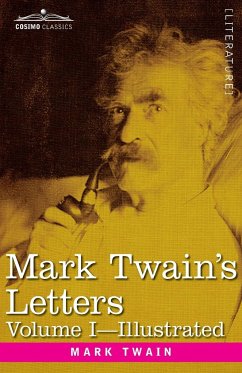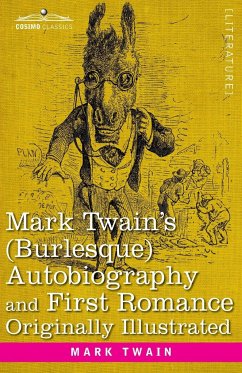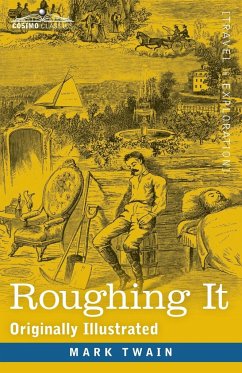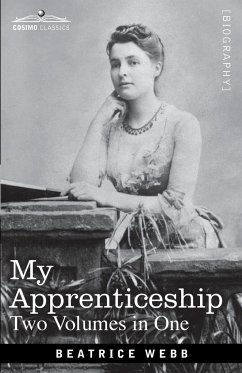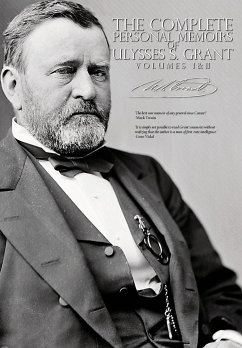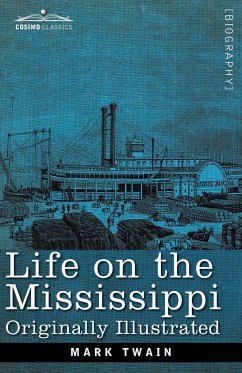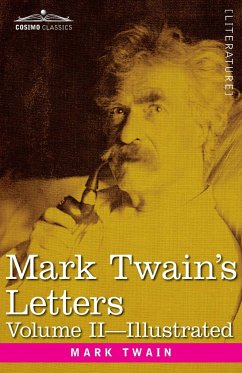
Mark Twain's Letters, Volume II (In Two Volumes)
Arranged with Comment by Albert Bigelow Paine
Versandkostenfrei!
Versandfertig in 1-2 Wochen
28,99 €
inkl. MwSt.

PAYBACK Punkte
14 °P sammeln!
"Nowhere is the human being more truly revealed than in his letters. Not in literary letters-prepared with care, and the thought of possible publication-but in those letters wrought out of the press of circumstances, and with no idea of print in mind." -Albert Bigelow Paine, Foreword, Mark Twain's Letters (1917) Mark Twain's Letters (in two volumes) is a collection of letters by Mark Twain, edited by Albert Bigelow Paine (1861-1937), Twain's literary estate agent and biographer, and published posthumously in 1917. These letters offer us a glimpse into the character of Mark Twain and show us th...
"Nowhere is the human being more truly revealed than in his letters. Not in literary letters-prepared with care, and the thought of possible publication-but in those letters wrought out of the press of circumstances, and with no idea of print in mind." -Albert Bigelow Paine, Foreword, Mark Twain's Letters (1917) Mark Twain's Letters (in two volumes) is a collection of letters by Mark Twain, edited by Albert Bigelow Paine (1861-1937), Twain's literary estate agent and biographer, and published posthumously in 1917. These letters offer us a glimpse into the character of Mark Twain and show us the background to his books. These letters are a must for anyone interested in one of America's greatest writers, Mark Twain.




